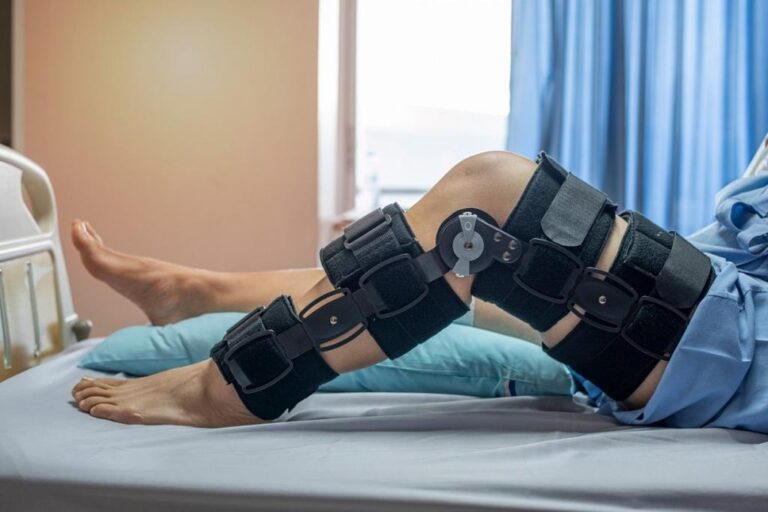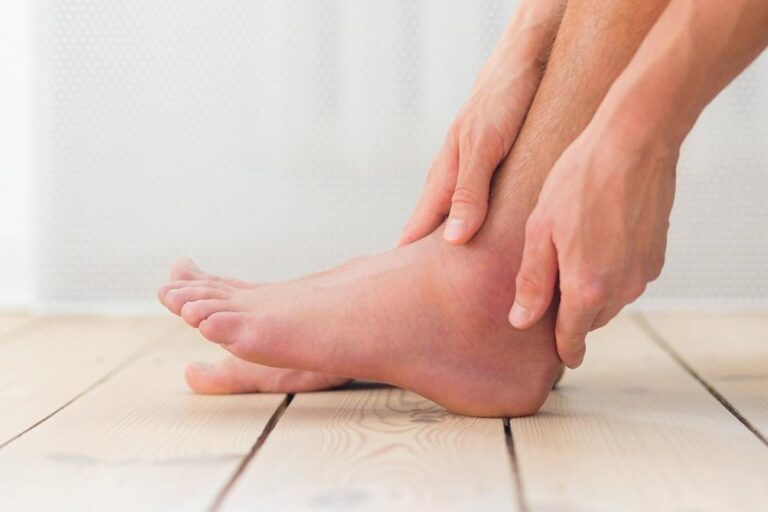Everyone’s heard the saying, ”You are what you eat.” But what many people may not know is that saying applies to your joints, too. Knowing which foods have an impact on your joints could help you maintain joint health and prevent joint pain in the future.
Not only can the right foods help you manage your weight and avoid putting extra strain on your joints, but some foods can actually help fight against inflammation, a common cause of joint pain for the millions of Americans with arthritis.
Texas Orthopaedic Associates helps patients in Dallas, Plano, Keller, Weatherford, and Fort Worth, Texas, avoid pain in their knees, hips, shoulders, and other joints with preventive care tailored to their lifestyles. That includes helping them make important dietary choices like the ones listed in this post.
Foods to eat
Our team recommends a variety of healthy food choices aimed at helping you feel satisfied, eat less, and get the important nutrients your joints need for optimal function. When you make your next grocery list, these are some foods to focus on.
Whole grains
C-reactive protein (CRP) is a biological marker for inflammation. The Arthritis Foundation advises eating whole grains to help reduce CRP. Whole wheat bread, oatmeal, and brown rice are all good sources of whole grains. These foods also help you feel full longer, which can help you maintain a healthy weight to prevent putting extra strain on weight-bearing joints.
Fish
Oily fish, like salmon, tuna, mackerel, and sardines, contain healthy omega-3 fats, substances that play an important role in fighting inflammation. Not a fish fan? Try fish oil supplements.
Fruits and veggies
All fruits and vegetables are contain substances called antioxidants that protect cells, including joint tissues, from damage caused by free radicals.
Cherries and berries, which contain substances called anthocyanins, seem to be especially helpful in fighting inflammation. Kale, broccoli, cabbage, and spinach are high in vitamin K, which may also help reduce inflammation.
Olive oil
Olive oil contains oleocanthal, a compound that has powerful anti-inflammatory properties. In fact, oleocanthal works in a similar way as ibuprofen, inhibiting two enzymes that play key roles in inflammation. Opt for extra virgin olive oil for the most benefits.
Beans
Like whole grains and fruits and veggies, beans are rich in fiber to help you feel full, which aids in maintaining a healthy weight. They’re also a great source of protein for strong muscles (and better joint support). Plus, they’re rich in plant-based compounds that help lower CRP.
Foods to avoid
Of course, knowing what not to eat is just as important as choosing the right foods. For joint health (and overall health, too), the foods listed below should be limited or avoided entirely.
Sugary foods
Everyone knows that eating too much sugar can lead to weight gain and more stress and strain on your joints. But sugary foods also contribute to increased levels of inflammation, including the type of inflammation that damages joint components. For a sweet reward, choose fruit instead.
Fried foods
They might taste good, but fried foods aren’t good for your joints or for your general health, either. Many foods are fried using unhealthy types of fats, like polyunsaturated.
While a small amount of some polyunsaturated fats are probably OK, when you consume too much, it can promote an unwanted inflammatory response. Plus, these fats tend to cause weight gain.
Processed foods
Many processed foods contain unhealthy fats, added sugar, and other ingredients that can increase inflammation in your joints. Plus, the empty calories they contain can quickly lead to weight gain and stress on weight-bearing joints like your knees and hips.
Make joint health a priority
Keeping your joints healthy is a team effort involving you and your health care provider, especially if you have a personal or family history of joint issues. To learn how we can help you relieve existing joint pain and lower your risk of future problems, book an appointment online or over the phone at Texas Orthopaedic Associates today.













